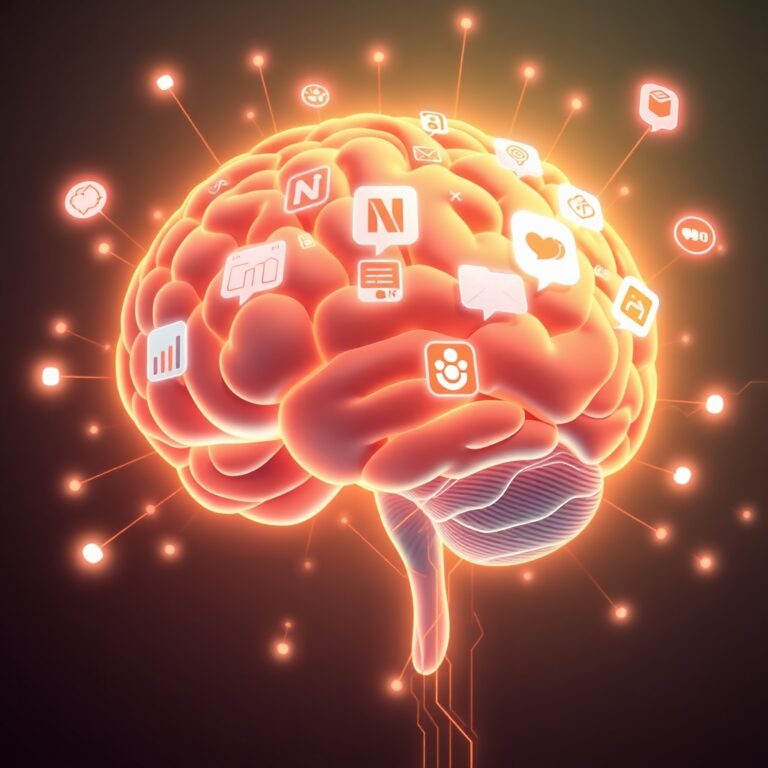
An artistic representation of AI models processing and remembering emotional data through neural circuits and symbolic emotions.
Artificial Intelligence (AI) has become an integral part of our daily lives, from virtual assistants to complex decision-making systems. One intriguing question many people ask is whether AI systems can remember emotions like humans do, or if they simply forget everything after the task is done. Let’s explore the concept of emotional memory in AI and understand how AI models “remember” or “forget” data, especially when it relates to emotions.
What is Emotional Memory in Humans?
In humans, emotional memory refers to the brain’s ability to recall experiences that triggered strong feelings such as happiness, sadness, fear, or excitement. These memories influence behavior, decisions, and personality development. Emotional memories are deeply tied to the brain’s limbic system and have a lasting impact on how we react to similar situations in the future.
Can AI Have Emotional Memory?
AI models do not experience emotions like humans do. They do not have feelings or consciousness. However, AI can be designed to recognize, simulate, and respond to human emotions. This is done through:
- Emotion Recognition: Using data such as facial expressions, voice tone, or text sentiment, AI can classify emotions in real time.
- Emotional Response Generation: AI chatbots or virtual assistants can generate empathetic responses to make interactions feel more natural.
- Memory of Emotional Context: Some advanced AI systems can “remember” emotional cues or preferences shared by users during previous interactions to tailor future responses.

How Do AI Models “Remember” Data?
AI models rely on training data and algorithms to perform tasks. When we talk about AI “memory,” it refers to how the system stores and processes data. There are two types of memory in AI:
- Short-Term Memory: This is temporary and helps AI models understand the context of an ongoing conversation or task. For example, a virtual assistant may remember your name or preferences during a chat but forget it afterward.
- Long-Term Memory: Some AI systems are designed to retain important data over time to improve personalization and performance. This can include user preferences, emotional tone patterns, or past interactions.
Does AI Forget or Remember Emotions?
- AI forgets or discards data when it is programmed to do so, often for privacy reasons.
- AI remembers emotional patterns or preferences only if the system stores this data securely and with user consent.
- AI’s “memory” is purely data-driven — it does not attach feelings but processes emotional cues to improve interaction quality.
Importance of Emotional Memory in AI Applications
Emotional memory-like features are essential in:
- Healthcare: AI can track emotional well-being over time to assist therapists.
- Customer Service: Remembering past issues or sentiments can help provide better support.
- Education: Tailoring learning experiences based on a student’s emotional state improves engagement.
- Entertainment: Games and virtual assistants can adapt to user moods for better experiences.
Ethical Considerations
While emotional memory can enhance AI’s usefulness, it raises privacy concerns. Users should be informed about what emotional data is stored and how it is used. Consent and secure data handling are critical to prevent misuse.
Conclusion
AI does not have emotions but can recognize and remember emotional data to provide smarter and more empathetic responses. Whether AI forgets or remembers depends on its design, purpose, and privacy protocols. As AI continues to evolve, emotional memory will play a vital role in creating technology that truly understands and supports human needs.


